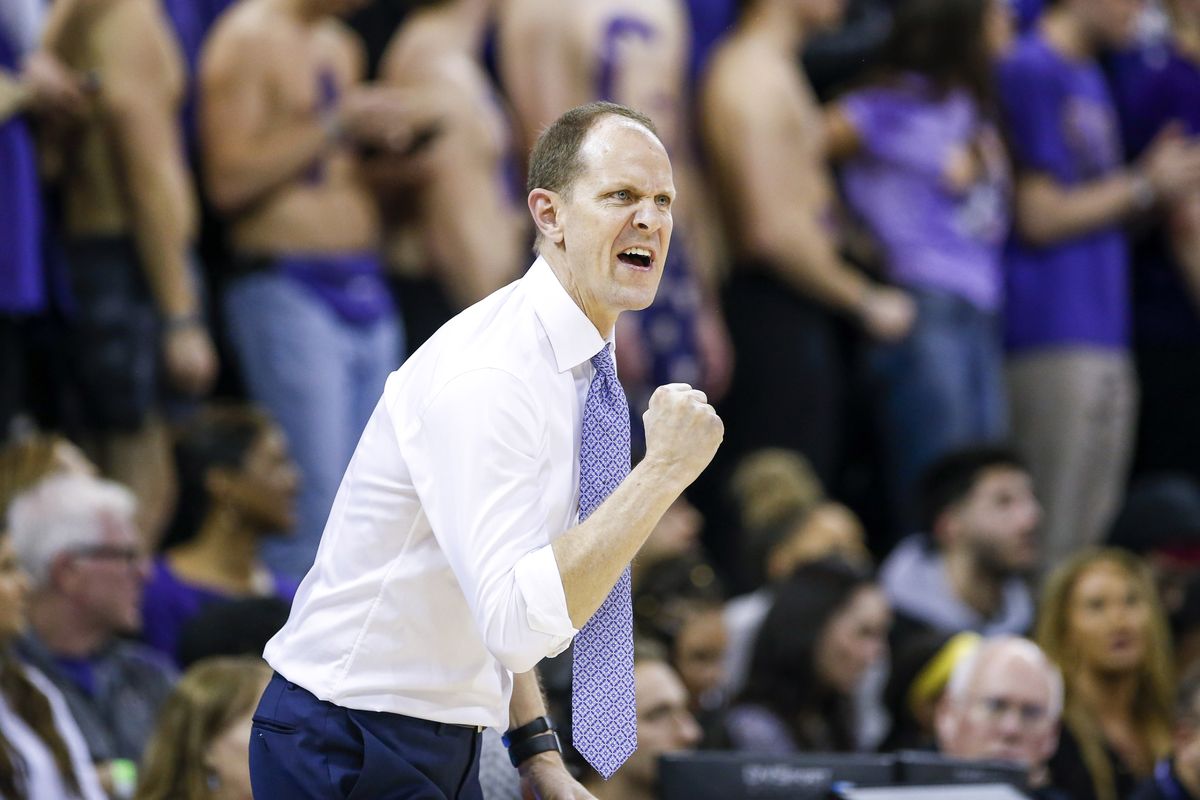
Things. They used to be a thing. But alas, during these uncertain times, it is unclear when things will come back.
More than likely, a lot of things will change, and not fully go back to the way they were. At the top of my mind are two very different, yet similar things. College sports, and movies.
Let me explain why I think both of these major enterprises are in the middle of an existential crisis, and why I think both of them will change drastically in the next decade.
Let’s start with college sports; this is a sports site after all. (Side note, I would love to see a website where movie stars write about sports.)
Recently, three prominent high school basketball prospects have chosen to forgo college and enter the NBA’s G-League development league. As of right now, the details of the league are sparse, but one giant thing is known: they will be paid. $125,000 to be exact.
To be fair, I haven’t checked the NCAA’s rulebook in a while, so let me go look at that real quick and see if they’ve changed their mind on paying players.
***Runs downstairs***
**Grabs a quick snack***
***Remembers that I need to take out the trash***
***Takes out trash***
Alright, I’m back. No. They haven’t.
I think this is a bad sign for the NCAA. If this ends up being successful for players, why would future top prospects ever play in the NCAA again? The competition could be just as good, if not better than what they would see in college. Plus, having a full year of professional development from coaches and staff that work in the NBA is a hard thing to pass up. But it’s the bigger picture that I think should scare the NCAA. If the NBA is successful with this program, what’s to stop the NFL from doing the same thing? We live in the golden age of DIY. Anyone can basically do or learn anything they want, whenever they want. In the 2020s, why would the NFL still let the NCAA handle and manage all of their future players? Doesn’t it make more sense for the NFL to develop those players themselves, and have them more pro-ready when they actually take the field on Sundays? To this day, it’s still a common complaint amongst people in the NFL that certain players are not “pro-ready” or that they “didn’t run a pro-style offense.” (I read that exact quote in the rejection letters I get from potential employers.) The point is, if these players are not “pro-ready” why shouldn’t the NFL just step in and do it themselves?
In my mind, it’s a potential win-win situation for both the NFL and the prospects. The players can get paid, and the league can better develop those players.
This isn’t the only thing on the horizon that is bad for the NCAA. Last year, California passed a bill that would allow college athletes in their state to pursue endorsement deals, starting in a few years. The NCAA has to adapt to this new future. To be fair, last fall they did announce that they are in the process of changing their rules to allow all players to profit off their likeness, but it might be too little too late. The NCAA never saw the DIY, player-empowerment era coming. For over a century, the NCAA has been the middle man. A very rich middle man. An athlete couldn’t go pro without first playing college sports. But as we’ve seen over the last decade, the middle man is dying. Musicians no longer need a record deal to have a hit song—they can upload their songs to a variety of streaming platforms. Anyone can become famous on YouTube, TikTok, or Instagram.
Biggest of all, movies no longer have to be released in theaters. And soon, they might not ever be again.
(Wow. What a haunting thought you just presented, Steven. Please tell me more.)
No problem, Parenthesis Steven.
Movie theater chains and movie studios are currently fighting. (I would watch a Netflix documentary about this fight.) This week, AMC theaters announced that they would no longer be showing films from Universal Pictures after Universal proudly announced that Trolls World Tour (based on a true story) made over $100 million after being released directly to on-demand a few weeks ago.
The fight stems from Universal openly admitting that the success of this movie has them rethinking how they’ll distribute their movies in the future. As they should! In my mind, this is quite similar to the current NBA G-league/NCAA situation.
Movie studios don’t really need movie theaters that much anymore. Yes, there are still a number of movies that 100% benefit from being seen in a theater, but I think a majority of movies don’t really need the big screen. Unless the movie is a superhero movie or a movie from someone like Christopher Nolan, why go through the effort of distributing the movies to theaters? Does this still make sense financially? Why still have the middle man? Why not just give the movies to everyone directly instead of hoping that they make the trip to the theater to see your film?
It’s the same thought process the NBA had. Why have top prospects go somewhere else when we could have them come to us earlier?
Netflix has been at the forefront of this during the last few years. They’ve had movies with big-name directors who spend a limited time in theaters before going straight to the platform. And they claim a lot of people watch them. Netflix recently announced that its latest movie, Spenser Confidential, starring Mark Wahlberg was seen by 85 million people.
With numbers like 85 million, and 100 million, it’s hard to see how movie theaters will still be major players in the next decade. Just like it’s hard to see the NCAA being a major player when top high school prospects see a $125,000 contract on the table to go play for the G-League program.
These are the worst-case scenarios for both industries, but I also see a scenario where they do adapt, and where every party can live harmounsily. (More so on the movie side, the NCAA has literally never done anything until very recently to adapt. They are the 100-time winner for the Heisman Trophy in doing nothing.)
I personally find the two futures of these industries fasicanting. I love going to the movies, and I’ve been a fan of college sports since I was a kid. But the writing is on the wall for both of them.
If they don’t tread lightly and catch up with the times, these two giant middle men will greatly diminish.




